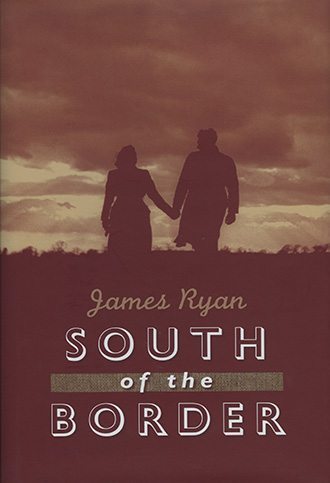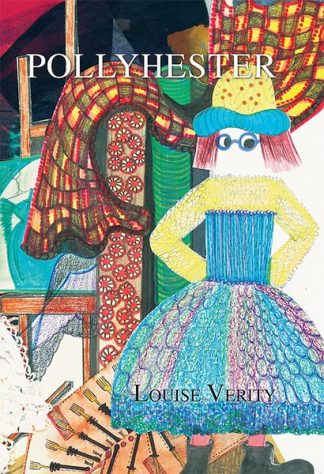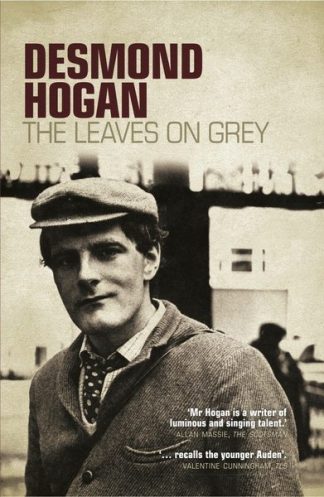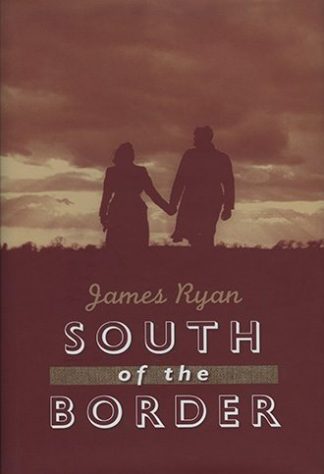
South of the Border
By: James Ryan
Publication Date: March 2008
€12.00
South of the Border by James Ryan
It is autumn 1942, and young Balbriggan teacher Matt Duggan arrives on his first posting at the small town of Rathisland in the Irish midlands, barely alive to the global war raging outside. Lawn tennis alternates with Church and classroom politics, as rehearsals take place for a staging of Hamlet. Beneath the surface are pockets of support for Germany, and plans afoot to link up with the Wehrmacht.
Matt has a mesmerizing first encounter with nineteen-year-old Madelene Coll and, as she edges her way out from the watchful eyes of her aunts, she and Matt enter a world they will remember for the rest of their lives. When a Messerschmitt crash-lands in the locality that world is knocked from its axis. Before long the inherent contradictions of Emergency Ireland boil to the surface, involving Matt and Madelene in a misadventure with deeply tragic consequences.
This nuanced coming-of-age story rehearses the inner narrative of neutral Ireland as public perception contends with private experience in a series of convergent tableaux. Beautifully evoked and implosive, divided personal loyalties mirror the wider dramas of the wider European stage. South of the Border is a gem of narrative that brings the reader into the heart of a reality that was wartime Ireland.
‘This is the work of a major historical novelist. But it is something more than that too: the term “historical novel” has a reductive ring to it, as would the description “political novel”. What we get here is imaginative fiction of a high order, built on reliable documentation and a historian’s insight, all written with impeccable style and narrative compulsion. Writers who combine this degree of accomplishment with serious historical insight are rare indeed.’ – Bernard O’Donoghue, The Irish Times
‘South of the Border is a gentle and beautifully paced, coming-of-age novel, set in an era that is rarely revisited. It casts a benevolent eye over small-town life, the follies of youth, conscience and guilt and manages to be both humourous and ultimately, also deeply touching.’ The Independent
PRAISE FOR HOME FROM ENGLAND
‘Brilliant; it is hard to believe that this is Ryan’s first novel.’ – Times Literary Supplement
‘A marvellous first novel about emigration, inner and outer.’ – Independent on Sunday
‘An extraordinary novel about an ordinary family.’ – Nuala O’Faolain, Image
PRAISE FOR DISMANTLING MR DOYLE
‘Superbly written; witty, pithy, sharp and touching.’ – Evening Herald
‘Ryan’s ability to illuminate human frailties is so potent that one always wants to read on.’ – Daily Telegraph
‘A superb mapping of the deep and troubling fractures in Ireland’s hearland during [World War II]’ – Irish Literary Supplement
PRAISE FOR SEEDS OF DOUBT
‘This is a fine, heartfelt novel in a distinguished tradition: controlled, unshowy, observant and moving.’ – John Banville
JAMES RYAN is a native of Rathdowney, Co. Laois and graduate of Trinity College, Dublin. He is a writer and university lecturer at the School of English and Drama, University College Dublin. His previous novels include Home from England (1995), Dismantling Mr Doyle (1997) and Seeds of Doubt (2001).
| ISBN | 9781843511342 |
|---|
| Weight | 0.5 kg |
|---|---|
| Dimensions | 220 × 240 mm |
| Publication Date | March 2008 |
| Format | Paperback, 238pp |





Lilliput Press –
“Ireland 1942. Matt Duggan, fresh out of college, starts his first post as a teacher at the boys’ school in the small town of Rathisland in the Irish Midlands. He lodges with a genteel widow, Mrs Sheridan, and is adept at learning first lessons in independence, loyalty and politics as an adult. Matt starts a love affair with Madelene Coll, a girl from London staying with her relatives, ostensibly to escape the War. The consequences of this relationship reverberate down the years. The novel, as are so many Irish tales , is about memory and the legacy of the past, about deception and the histories and interpretations that are available. But Ryan also takes a rational and hard look at the Second World War and Ireland – the highly ambiguous and paradoxical views held about the War and the role of Ireland and its perceived erstwhile oppressor England. It is refreshingly clear of some of the more extreme aspects of Irish romanticism and is an honest appraisal, narrated in a clear, limpid prose. Not a complex or difficult book to read, but thought provoking and intelligent nevertheless.” DOUGLAS KEMP